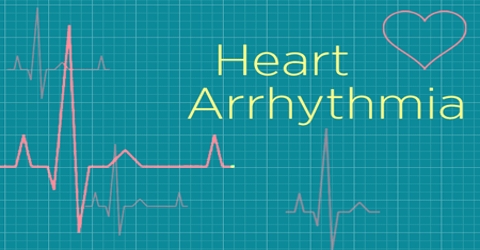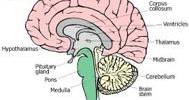An arrhythmia explains an unbalanced heartbeat – the heart may beat too speedy (tachycardia), too gradually (bradycardia), too early (premature contraction), or erratically (fibrillation). Arrhythmias happen when the electrical signals to the heart that coordinate heartbeats are not working correctly. Many heart arrhythmias are harmless.
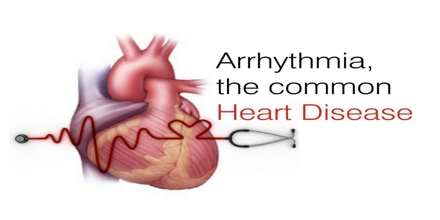
The main types of arrhythmia are:
- atrial fibrillation (AF) – this is the most familiar type, where the heart beats erratically and earlier than normal
- supraventricular tachycardia – episodes of unusually fast heart rate at rest
- bradycardia – the heart beats more gradually than normal
- heart block – the heart beats more slowly than normal and can cause people to collapse
- ventricular fibrillation – a rare, rapid and disorganized beat of heartbeats that rapidly leads to loss of consciousness and sudden death if not treated right away.
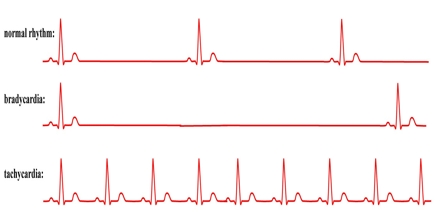
Causes
Arrhythmias can distress all age groups, but atrial fibrillation is further familiar in elder people. Drinking alcohol in excess or being overweight increases your possibility of developing atrial fibrillation.
- Scarring of heart tissue from a prior heart attack
- High blood pressure
- Overactive thyroid gland (hyperthyroidism)
- Underactive thyroid gland (hypothyroidism)
- Smoking
- Drinking too much alcohol or caffeine
- Certain medications and supplements, including over-the-counter cold and allergy drugs and nutritional supplements
- Diabetes
- Genetics
Symptoms
Your symptoms will depend on the type and harshness of your arrhythmia. How frequently you get them will also differ, ranging from every day to very uncommonly (once or twice a year for example). Noticeable arrhythmia symptoms may include:
- A fluttering in your chest
- Shortness of breath
- Lightheadedness or dizziness
- Sweating
- Fainting (syncope) or near fainting
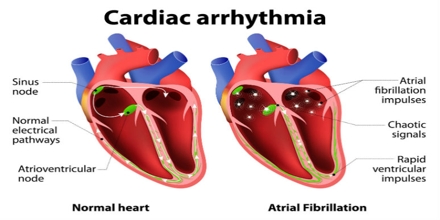
Treatment for arrhythmias
How your arrhythmia will be treated will depend on whether it is a fast or slow arrhythmia or heart block. Any underlying causes of your arrhythmia, such as heart failure, will need to be treated as well.
The treatments used for arrhythmias include:
- medication – to prevent an arrhythmia or control the rate of an arrhythmia
- cardioversion – a treatment that uses electricity to shock the heart back into a normal rhythm while you are anaesthetised or sedated
- catheter ablation – a keyhole treatment under local or general anaesthetic that carefully destroys the diseased tissue in your heart that causes the arrhythmia
- pacemaker – a small device containing its own battery that is implanted in your chest under local anaesthetic; it produces electrical signals to do the work of the natural pacemaker in your heart to help it beat at a normal rate.
Diagnosis
Blood tests. These can test for certain substances in your blood, such as potassium.
Electrocardiogram (ECG). This records the electrical activity of your heart to see how well it’s working.
Echocardiogram. This uses ultrasound (sound waves) to look at your heart’s structure, valves and pumping action.
Conclusion
Arrhythmia is more familiar in people over 60. For most people, arrhythmias aren’t severe. Some types of arrhythmia may be caused by particular triggers, such as alcohol, smoking tobacco, pressure and anxiety, exercise and certain medicines. It may not be promising to find a cause for your arrhythmia. It’s significant to keep in mind that having arrhythmia doesn’t essentially mean that you have a severe heart problem.
